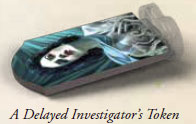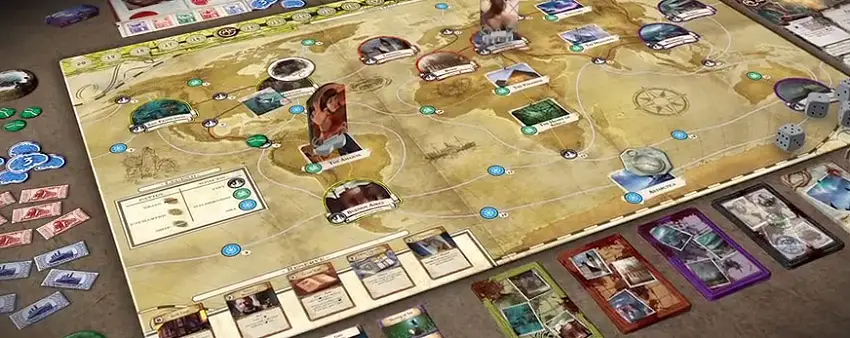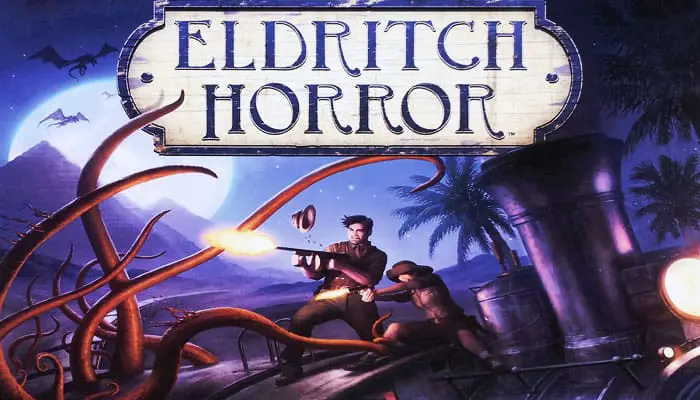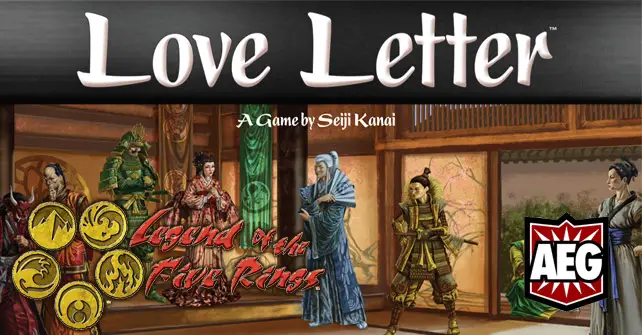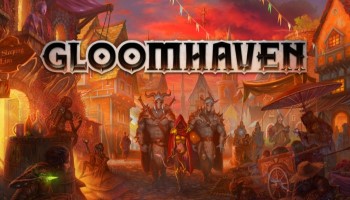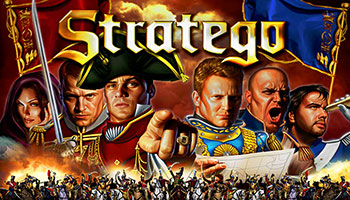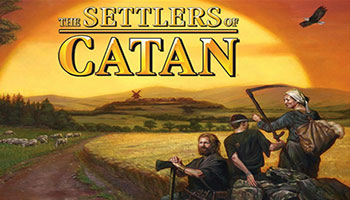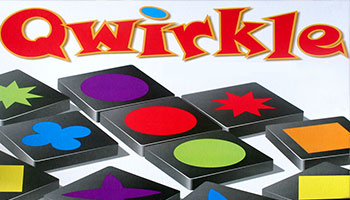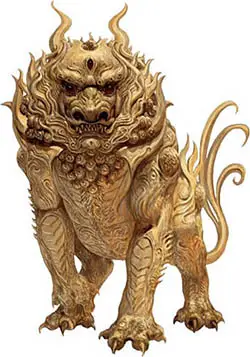
At the start of the game, the player whose Clan is at the top of the Honor track takes the deck of Political Mandates to play the first Mandate Turn.
At the start of the following Seasons, the first player to perform a Mandate Turn is the one to the left of the player who performed the last Mandate Turn on the previous Season.
To easily remember this, make sure to keep the deck of Political Mandates close to the player who will play it next. …




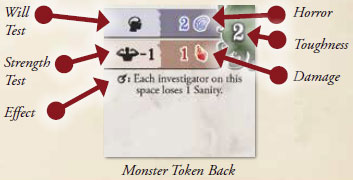
 ) test listed on the Monster token.
) test listed on the Monster token.

